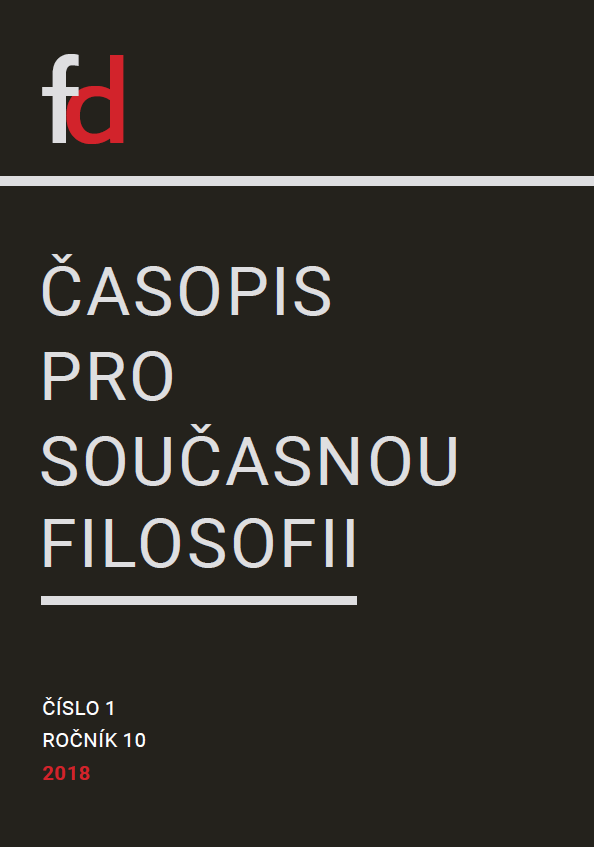Do vague objects imply vague identity?
DOI:
https://doi.org/10.26806/fd.v10i1.280Abstract
The paper in the field of analytic metaphysics focuses on a problem whether vague objects imply vague (indeterminate) identity. If this be so, one can argue with Evans that such objects cannot exist because vague identity leads to incoherence. The study presents an argument for such an implication (Weathersonian argument) and shows how to evade its conclusion. Evans’ argument presupposes that names in indeterminate identity claims refer determinately. Hence the best way to evade the problem as a whole is to show that vague objects do imply vague (indeterminate) identity, but in such statements of identity, there appear expressions not referring determinately. By this we also solve the objection that the assertion of identity between a vague object and its precise realization is not indeterminate, but what is indeterminate is the identity statement concerning two vague objects.
Downloads
Published
Issue
Section
License
Authors who publish in this journal agree that:
1. Authors retain copyright and guarantee the journal the right of first publishing. All published articles are licensed under the Creative Commons Attribution license, which allows others to share this work under condition that its author and first publishing in this journal was acknowledged.
2. Authors may enter into other agreements for non-exclusive dissemination of work in the version in which it was published in the journal (for example, publishing it in a book), but they have to acknowledge its first publication in this journal.
3. Authors are allowed and encouraged to make their work available online (for example, on their websites) as such a practice may lead to productive exchanges of views as well as earlier and higher citations of published work (See The effect of open access).


